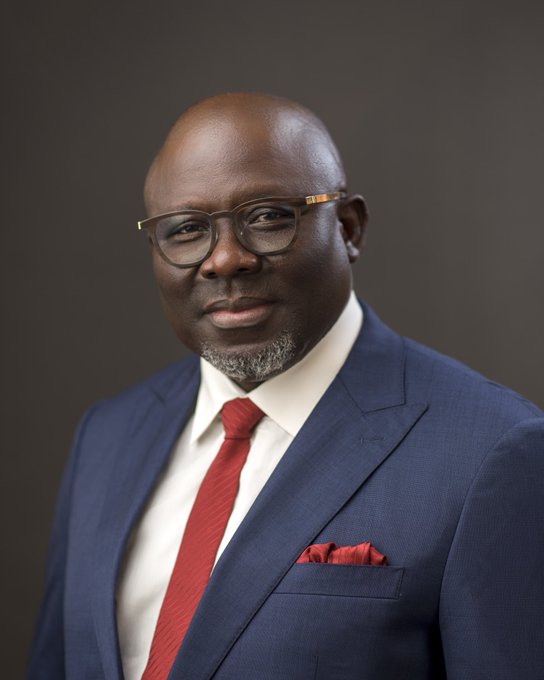Nigerian Army should recognize the limitations of its mandate in handling internal disputes of a localised nature. While maintaining law and order is essential, the military should defer to civilian authorities, such as the police and local government, in resolving community conflicts
Emmanuel Ukudolo I Wednesday, March 20, 2024
ASABA, Delta, Nigeria – The events of March 14, 2024, in the riverine community of Okuama, Delta State, Nigeria, where 17 Nigerian soldiers were brutally killed, have shocked the nation to its core.
What started as a peacekeeping mission amidst a protracted crisis between two communities, Okuama and Okoloba, descended into chaos, resulting in a tragic loss of lives. This analysis aims to delve into the incident, examining the actions of the Nigerian Army and proposing alternative strategies that could have potentially averted the catastrophe.
The Tragedy Unfolds
The soldiers, including high-ranking officers, embarked on a peace mission to Okuama, with the noble intention of fostering reconciliation between the warring communities. However, their mission took a deadly turn when tensions escalated during their visit. The decision to leave with some local leaders led to resentment among the youths, eventually culminating in a violent confrontation. Reports suggest that the army’s response to the agitation further exacerbated the situation, resulting in casualties among the civilians.
A Critical Examination of the Nigerian Army’s Response
The Nigerian Army’s reaction to the escalating tensions in Okuama raises significant questions regarding their approach to civil unrest and peacekeeping missions. Firstly, the decision to open fire on unarmed civilians, albeit in the quest to enforce order, was disproportionate and only served to inflame tensions further. The military should prioritise de-escalation tactics and resort to lethal force only as a last resort.
Secondly, the composition of the army team lacked cultural sensitivity and local expertise. The absence of individuals fluent in the native language of Okuama, Urhobo, hindered effective communication and understanding between the soldiers and the community members. A soldier fluent in Urhobo could have potentially defused the situation through dialogue and negotiation, preventing the tragic outcome.
Alternative Courses of Action
In hindsight, several measures could have been implemented to prevent the escalation of violence in Okuama. Firstly, the Nigerian Army could have prioritised dialogue and mediation over confrontation. By engaging in constructive dialogue with community leaders and addressing their grievances, the army could have fostered trust and cooperation, rather than antagonism.
Secondly, the inclusion of local representatives and mediators familiar with the socio-cultural dynamics of Okuama could have facilitated better communication and understanding between the soldiers and the community members. An Urhoboman within the army team could have acted as a bridge, facilitating dialogue and mitigating misunderstandings.
Furthermore, the Nigerian Army should recognize the limitations of its mandate in handling internal disputes of a localised nature. While maintaining law and order is essential, the military should defer to civilian authorities, such as the police and local government, in resolving community conflicts. By respecting the autonomy of local governance structures and collaborating with relevant stakeholders, the army can contribute to sustainable peace-building efforts.
Conclusion
The tragedy of Ukuama serves as a sobering reminder of the complexities involved in peacekeeping and conflict resolution efforts. The loss of 17 soldiers is a stark testament to the need for more nuanced approaches to civil unrest and community relations. Moving forward, the Nigerian Army must prioritise dialogue, cultural sensitivity, and collaboration with local stakeholders to prevent similar tragedies from occurring in the future. Only through proactive engagement and inclusive decision-making can lasting peace be achieved in Nigeria’s diverse communities.

